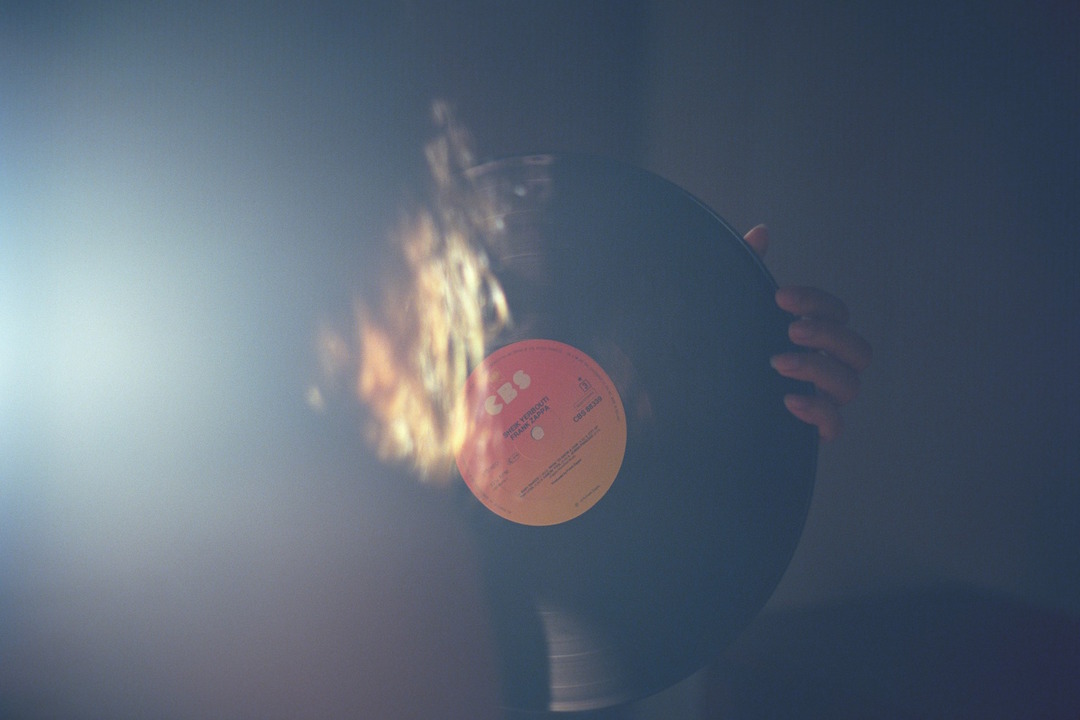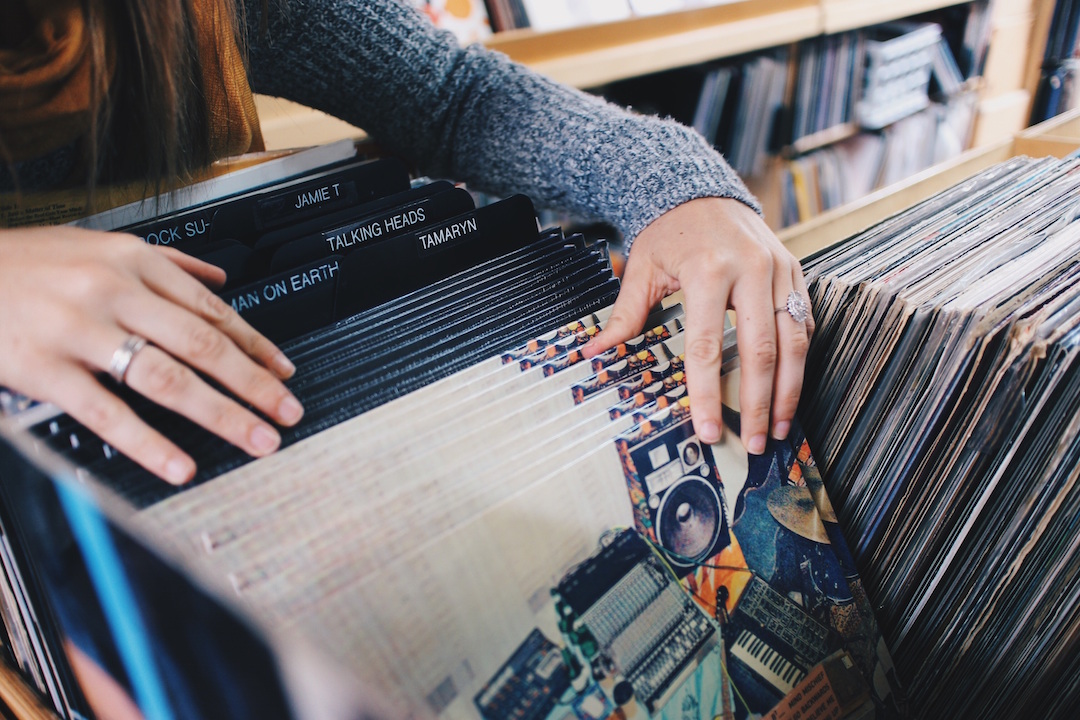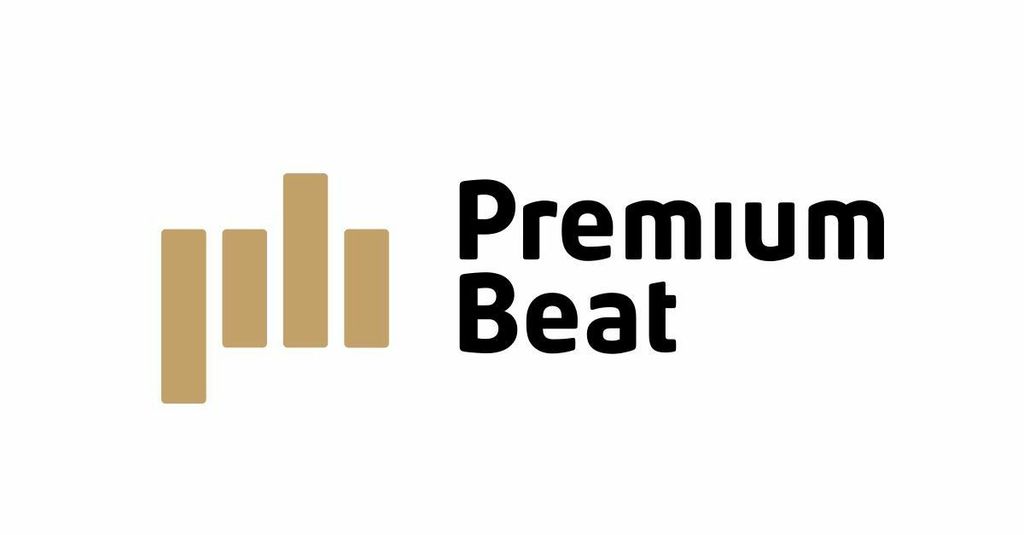The Return of “Library Music”: How Anonymous Composers Are Making a Living Online
Let’s say your company has just made its first foray into video production. It’s a commercial to advertise your new toothpaste, or to interest prospective partners in your surfing-themed vacation packages, or to present new hires with a sense of the uplifting corporate culture they’re about to enter.
Whatever the case, it looks great, but somebody forgot to add music to the thing, giving it a ghostly, hollow quality, and it falls on you to fill that glaring emotional gap.
To license a current hit song, or to ask a commercial music “house” for a custom piece of music would be prohibitively expensive, especially considering the scope of the overall production. In either case, you wouldn’t even know where or how to start.
Enter the world of “library music”, also called “stock” music, “production” music, “mood” music, and probably a few other names we’ve forgotten.
Since the advent of sound in moving pictures, library music has been the very definition of a “creative utility”: It only exists to aide and accompany other productions.
Song names are usually afterthoughts. Often, composer names are, too. The idea that the mood of a piece translates into a simple defining adjective—sad, scary, upbeat, hopeful—is what matters.

Modern day creators of library music often work under pseudonyms, and may never meet those who rely on their work—or even hear where it is ultimately used.
On a site like PremiumBeat.com, you can sift through literally thousands of songs arranged by genre or “mood”, and in just a few minutes and for about $50, find a piece of music perfect for your video, without any extensive licensing rigamarole.
You and the composer will likely never have any interaction. He or she may never know how the music was used, or even that it was used at all.
By the same token, you might be watching someone else’s advertisement or corporate wellness video a year later and hear the same music, seeming just as at home in this production as it once did in yours.
Big Money in Library Music’s Golden Age: From Silent Movies to Monday Night Football
If there is a “father” of stock music, it might be Meyer De Wolfe, a musician, composer, conductor, arranger and, after leaving Holland for London, musical director for a movie-theater company.
In the silent picture days, well before the specific “hard” scoring that is commonplace today, De Wolfe was tasked with finding and publishing compositions that live musicians could play in the theater to accompany films. He founded De Wolfe Music in 1909 for this purpose.
When sound came to pictures in 1927, De Wolfe Music immediately began recording its published scores, and basically owned the category of library music for the next few decades.
They produced soundtracks for big movies in the 30s and 40s, and provided the background music to the thousands of newsreels that ran before them. They scored UK government training films for the Ministry of Information and British Rail. They provided the first-ever music “cue” for a UK television commercial—a spot for Gibbs Toothpaste in 1955.
With the introduction of television in the 1950’s, library music became a seller’s market, with serials, news reports, and commercials all seeking musical cues to accompany them.
Companies like Britain’s Keith Prowse Music (or “KPM“), Bosworth, and Chappell—some of which had already been publishing sheet music for half a century or more—began dipping their toes in the waters of original library music.

In recent years, there has been a resurgence in the century-old field of “library music”, original compositions that are produced and recorded for use in no one specific project.
The 60s and 70s in particular are considered a “golden age” of library music, rife with experimentation and chock full of hooks and grooves that are still memorable today, if not necessarily by name.
Over at the BBC Radiophonic Workshop, Delia Derbyshire manipulated oscillators to create incidental music for BBC’s programming. (Her most memorable contribution probably being the Dr. Who theme song.)
In America, Raymond Scott, whose compositions were already being set to Looney Tunes cartoons, released a three-volume set of electronic music called “Soothing Sounds for Baby”, designed for the exact purpose its title suggests.
KPM established itself as a purveyor of modern grooves and moods, regularly employing premiere session musicians like Alan Hawkshaw, Keith Mansfield and Brian Bennett, and releasing all its records in identical nondescript green sleeves to pound home the “function over form” aesthetic.
When today’s movies want to portray a “swinging 60s” party scene without shelling out for The Rolling Stones or the Beatles, it’s these tracks that they often turn to.
They are tracks you may have heard—like Hawkshaw’s “Beat Me Till I’m Blue”—jazz- and funk-based mid-tempo instrumentals that sound like a psychedelic party, or some transatlantic getaway. Just not any specific one you’ve ever been to.
Some of these tracks have become more memorable after being given a second life in an unexpected arena: These are records that were often sampled and repurposed by the oodles of crate-digging DJs of the 90s and 2000s.
How “golden” was this golden age? In 1973, library music had a true crossover moment when the song “Eye Level” by the Simon Park Orchestra (produced by De Wolfe Music) went from being the theme for television show Van Der Valk to being a million-selling hit in its own right.
The Orchestra even made an appearance on Top of the Pops in unassuming creamsicle-colored turtlenecks, looking genuinely thrilled to be there. This is what happens when utility workers get thrust into the spotlight.
It’s not the last time library music struck gold and became part of the lexicon. In the U.S., the most famous piece of library music may be what’s known as the “Monday Night Football Theme”. (It’s actually “Heavy Action” by Johnny Pearson, for KPM.)
Perhaps because of the sport it accompanies, we hear this theme as singular and quintessentially “American”. In reality—and true to stock music form—it was simultaneously used as the theme for a UK Sports show for years.
A Modern Golden Age for Library Music?
On the PremiumBeat website, if you perform an advanced search using “Latin” as the genre, and “Uplifting” as the mood, and you’ll find at least a few tracks from an artist known as “Harpo Marks“. That’s Brooklyn-based composer Matt Whyte.
Go to the Harpo Marks portfolio page and you’ll find a variety of Mexican fiesta music, complete with trumpets, wildly-strummed guitars and loud celebratory yips, as well as a few Native American music cues.
“At the time I was brought on board, I think Shutterstock [PremiumBeat’s parent company] needed to build up its library of Latin music, so it was an ideal place for me to start,” Whyte tells me in an email exchange.
Whyte has a background in Brazilian jazz, but is capable of tackling different genres. He mentions that he’s currently “working on five J-Pop tracks with a Japanese vocalist.”
“The variety of work is one of the most attractive aspects of the gig for me,” he says.
Technology may have morphed, mangled or even pushed certain parts of the music business to the brink of extinction, but library music still seems to be growing as an industry, with a fairly intact infrastructure. (Outright piracy for instance, tends to be less of an issue when your chief clientele is straightlaced middle-aged businesspeople rather than rebellious teens.)
Of course, the music industry’s sea change toward low-cost production has already been internalized at music libraries. A composer may now opt for a soft-synth sample version of an orchestra rather than the real thing, but that won’t change his or her prospects. Now that media comes at us so fast—and from so many different directions that we need a catchall term like “content” to describe it—there is more of a need for library music than ever before.
PremiumBeat is just one division of Shutterstock, a company that rose to prominence—and is still growing—by offering a database of millions of easy-to-license stock images.
Composers get hooked up with PremiumBeat either by word of mouth, or through an open (yet stringent) submission form on the PremiumBeat site. They claim to accept less than 1% of applicants.
Alex Renaud, Shutterstock’s General Manager of eCommerce Motion, tells me that “We make informed decisions about what types of tracks we want from specific composers.”
“We work to composers’ strengths,” he says. “For example, we would never ask a composer who is great at writing corporate tracks to write an orchestral type track. We talk to an artist before they begin working on a set of tracks. We provide references. Often, the artist goes away and does their own research and comes back with new ideas and suggestions. We have a fairly thorough dialogue to ensure everyone is on the same page before a composer starts work.”
When I ask for clarification on the term “corporate tracks”, a representative from PremiumBeat tells me that it’s just like it sounds: Something you might hear in the background of a corporate video. It’s less a specific genre and more of a feeling. (I’m guessing you might find cues like these under moods like “Uplifting”, “Powerful”, or “Determined”.)
A Distinct Business Model
We should take a moment to compare library music with for-hire commercial music. (We profiled composers for hire in a previous story here).
While composers-for-hire try to satisfy the exact music needs of a specific client and project, often on ludicrously tight timelines and with big budgets in play, library musicians and their liaisons try to read the general market of popular music to find a sweet spot: Creating familiar, useful, but not completely specific music that can be used again and again by a variety of different people in a variety of different contexts.
PremiumBeat in particular pays a flat per-track fee to composers for the right to publish their pieces and license them in an unlimited capacity. Some tracks easily recoup the investment and then some, while others might never be sold at all.
Musicians that work in the composing-for-hire realm often cross over into library music, as we found when interviewing both Matt Whyte, and Joseph Rembrandt of “Paper Mache Hawk”, a collective of musicians based in Los Angeles. (Both Rembrandt and his group’s name are pseudonyms, as he could only speak off the record for contractual reasons.)
“Stock music lets me explore spaces that I could not in the scoring world, and vice-versa,” says Rembrandt, who toured extensively as a session and live musician before being getting into composing for hire.
“I always try to look ahead. When you see a trend or a big placement, you see that everyone just goes after that sound after-the-fact, and then keeps going after it for like six months. That kind of makes sense in the short term, but I always want to be ahead of the curve, be that next sound that is going to turn people upside down.”
In Paper Mache Hawk’s music, you can hear swirling mid-tempo arpeggios over an electronic pulse–a sense of slow-building propulsion and progress. This music could accompany a montage of our hero climbing the corporate ladder, training for the big game, or overcoming other personal obstacles: It isn’t for any specific scene, but it’s close enough that it can fit many musical needs at the same time.
“I try to keep moving because you can’t really stagnate,” Rembrandt says. “Everything moves so fast. You have to play the game of delivering what works, but also delivering something that’s fresh and not more of the same thing… It pushes you to keep growing and stay relevant on a daily basis. It’s kind of amazing. The minute you stop thinking about it, you start sounding dated.”
The Mobius Strip of Library Music
The story of library music is one that is told simultaneously in the past and in the present. In some cases, library music acts as an artifact—as historical documentation of a different time, when music was created and used in a different way.
Heavyweight music houses now put out nostalgic compilations of their best, weirdest, or most adventurous library tracks of the past, shining a spotlight on music that was never intended to be in the spotlight.
In 2012, you could even attend a concert by the “KPM All Stars”, a collection of session musicians—featuring the aforementioned Hawkshaw, Mansfield, and Bennett—who put the label on the map with their compositions: Innocuously-named tunes like “Funky Fanfare,” “Girl In A Sportscar,” and “Funky Express”.
At the same time, library music is a current, vibrant industry that shouldn’t slow down as long a people still want to sync music to imagery.
Some of the players have changed. Newer sites like PremiumBeat, Killer Tracks, Musicbed, Audio Jungle and a slew of others have cropped up. But then again, one of the biggest and most well-respected names is still De Wolfe Music, now over a hundred years-old and still counting.
De Wolfe’s website boasts of past in-house grooves that have been sampled by artists like Jay Z, Gorillaz, and Danger Mouse. The past’s library music is today’s popular music. Ask a musician who makes library music to make something in the vein of one of those songs and you can see time fold in on itself.
Will today’s stock music once again become a part of some future musician’s popular music? Will 30 seconds of incidental Mexican fiesta music become the main hook for 2030’s hottest club track?
Joseph Rembrandt didn’t seem to think this would happen with his music, and indeed, at least legally, PremiumBeat licensed songs cannot be re-used in the creation of new music; its terms explicitly prohibit it.
Still, legality notwithstanding, it’s at least a possibility that some future music renegade might try it, right?
“I could see it happening, sure,” Matt Whyte says.
Whyte recognizes a cyclical, almost evolutionary nature to what he does and how it fits with his overall path of musicianship. His library music informs and influences his personal music and vice-versa, opening up both worlds.
“There’s so much music out there that sifting through lesser-known library tracks for samples seems overwhelming to me. But if someone repurposed what I did on a given track I’d be all for it.”
Blake Madden is a musician and author who lives in Seattle, WA.
Please note: When you buy products through links on this page, we may earn an affiliate commission.







